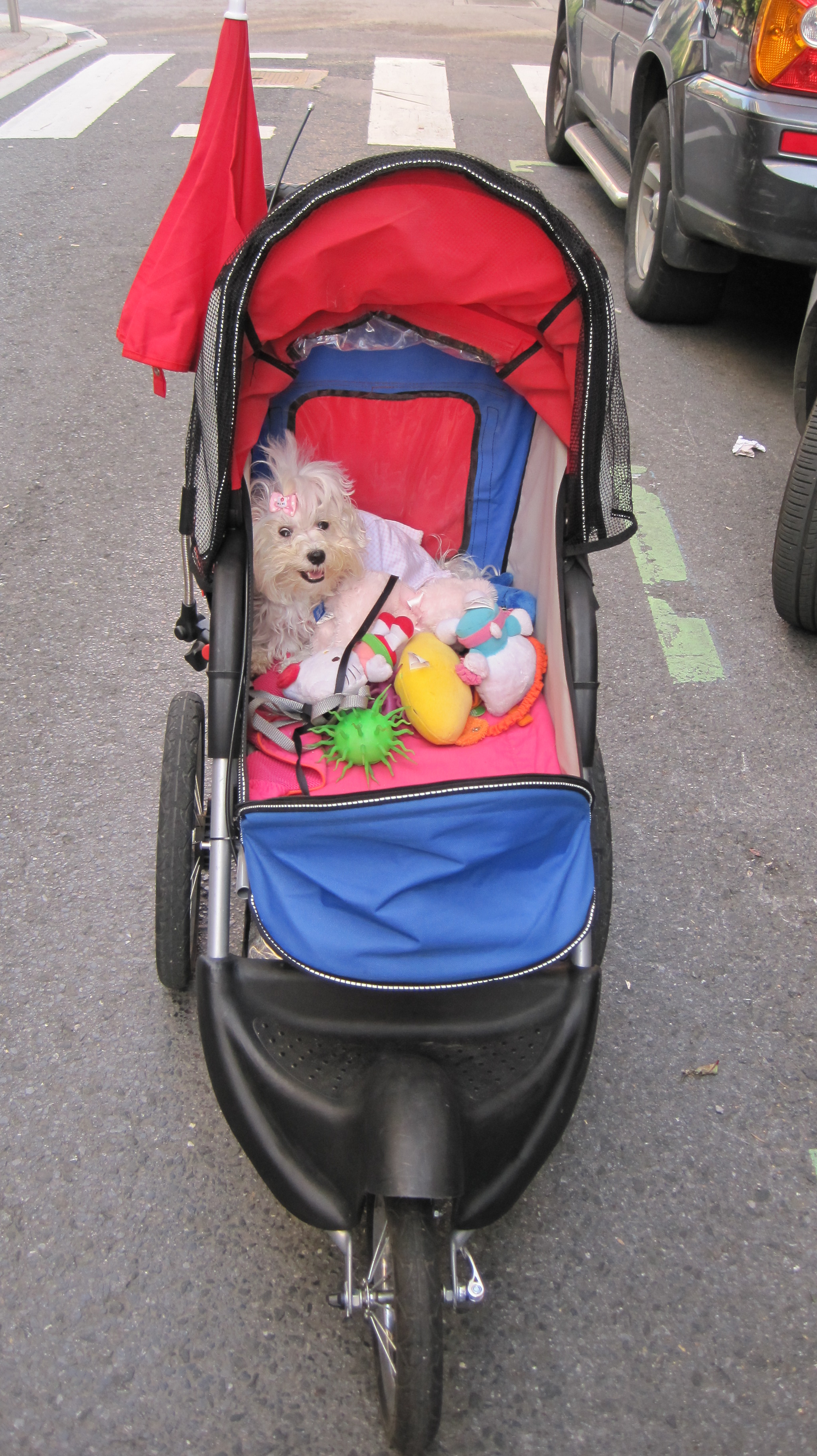Basque ethnography at a glance

Courtesy of Segundo Oar-Arteta. Labayru Fundazioa Photographic Archive.
In the same way as names of homesteads (Etxebarri, Bideondo…), neighbourhoods (Agirre, Zabala…) or streets (Artekale, Barrenkale…) are repeated across villages and towns, there were certain names typically used for domestic animals until not so long ago.
Farm animals were often given names according to their physical features, character, appearance, hair colour… Zuri (white), Beltza (black), Txiki (little), Lagun (friend) or Bat (one), in Basque, and Linda (beautiful), Laika (the name of the famous space dog), Perla (pearl) or Sol (sun), in Spanish, are dog names with a long history behind them. The practice applied just as much to sheep, oxen, cattle, horses and mares. Domestic pets, dogs in particular, might also be ironically named after politicians, Trotsky, Stalin or Prim, for instance.
Something similar happened with forenames of people. It was customary for parents and godparents to give newborns the name of the saint of the day, a Virgin, or any other name from the annual calendar, the saints’ calendar, the book of martyrs or a name with a family tradition. Through the influence of cinema and television, new names were introduced, and later others related to nature, place names and names taken from old documentation.
For the past few years a peculiar trend has been observed. In urban areas pet owners started to call their dogs by names conventionally meant for people. Initially, classic first names such as Lola, Pepe, Olga, and the like, were picked, and over time, the catalogue of pet names in widespread use has expanded. Nowadays it is common to find dogs or cats called Rogelio, Margarita, Matilde, Rita…
In parallel, birth registration data show a list of unimaginable names for baby boys and girls, among them Iraultza (revolution), Antzoka (theatre), Ekaitz (storm) or Zigor (punishment) for boys, and Oinaze (suffering) or Urtza (abundance of water) for girls, chosen in utter ignorance of their meaning or perhaps attracted by their sound.
Dogs and cats go to the hairdresser’s, eat special food, wear fashionable clothes, and ride in prams these days.
Is it a passing trend? Or is it here to stay?
Segundo Oar-Arteta – Etniker Bizkaia – Etniker Euskalerria Groups
Translated by Jaione Bilbao – Language Department – Labayru Fundazioa

